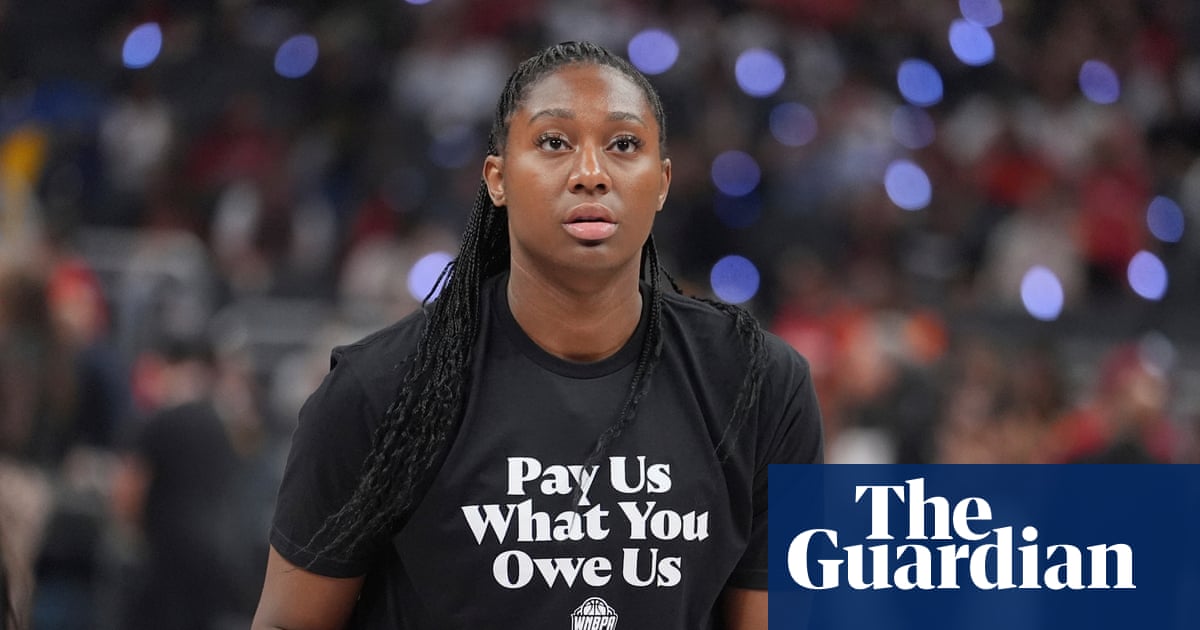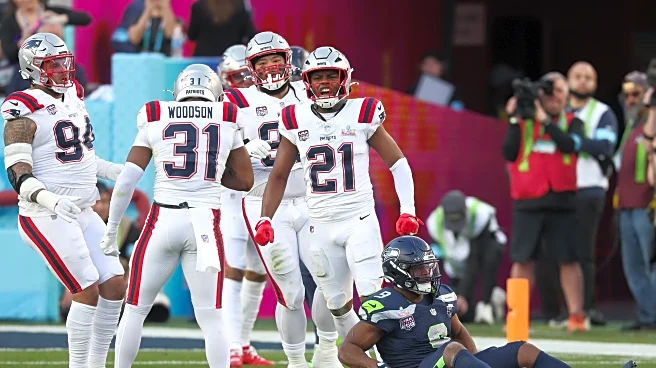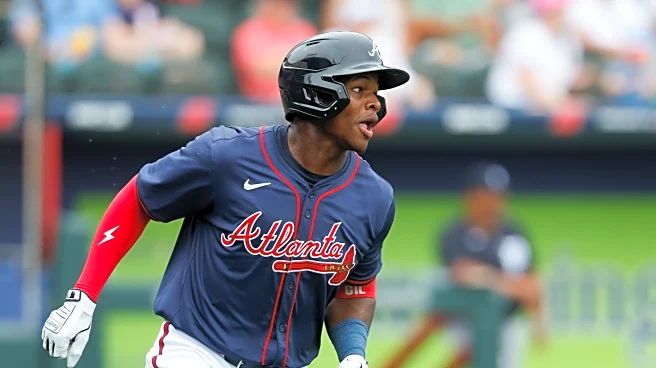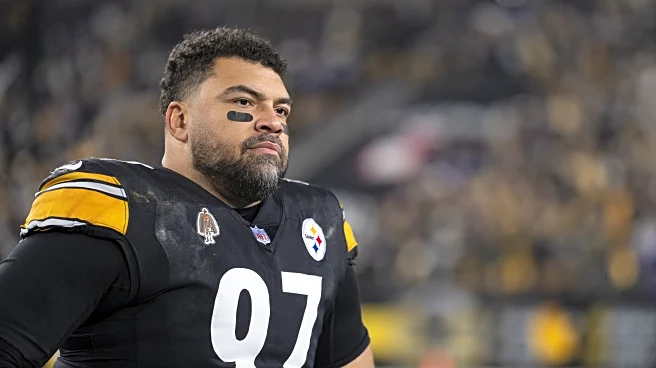The air was charged with anticipation at this year's WNBA All-Star weekend, but instead of celebration, it was the contentious negotiations for a new collective bargaining agreement (CBA) that dominated
Did You Know
Koalas have fingerprints like humans.
?
AD
the conversations. Players, fueled by passion and solidarity, gathered for their first in-person discussions with league officials since December. The turnout was unprecedented, with players reporting it was their largest attendance ever for collective bargaining negotiations. Yet the outcome left many feeling disheartened as they labeled the meeting a "wasted opportunity." The chasm between the players' aspirations for better salaries and the league's proposals indicates a critical juncture for women's professional basketball.
Key figures like Breanna Stewart articulated the mounting frustration that permeated the gathering. Despite their vocal leadership and passionate pleas for fairness, the discussions ended with little progress, and players expressed concerns about the potential for a work stoppage if an agreement isn't reached by the October 31, 2025 deadline. They are more resolute than ever in their demand for respect and equitable compensation. The stakes are incredibly high as they work to secure not just better pay but long-term rights that have been a focal point of social conversations surrounding professional sports.
The players' commitment to advocacy has never been clearer, with demonstrations like wearing "Pay Us What You Owe Us" shirts signaling their unified stance. As negotiations drag on with the deadline approaching, the league is at a crossroads. Both sides must navigate this delicate balance carefully; failure to reach an agreement could lead to unrest in a league striving for greater equality and visibility for women athletes. With history hanging in the balance, the outcome of these negotiations may well define the future landscape of the WNBA.
Q&A (Auto-generated by AI)
What is the current status of the WNBA CBA?
The current Collective Bargaining Agreement (CBA) for the WNBA is set to expire on October 31. Recent meetings between the league and the players' union have been characterized by frustration and a lack of progress, with players describing discussions as a 'wasted opportunity.' As the deadline approaches, there are concerns about a potential work stoppage if an agreement is not reached.
How do CBA negotiations impact player salaries?
CBA negotiations directly influence player salaries by determining the financial framework within which teams operate. Players are advocating for better pay and benefits in the upcoming agreement, reflecting ongoing disparities in compensation compared to male counterparts in the NBA. The outcome of these negotiations will significantly affect the earning potential of players in the league.
What are the key demands from WNBA players?
Key demands from WNBA players include increased salaries, improved working conditions, and better revenue sharing. Players have expressed dissatisfaction with league proposals, indicating that they feel the offers do not adequately address their needs or the value they bring to the league, especially in light of growing fan engagement and support.
How does this CBA compare to previous agreements?
This CBA negotiation is particularly significant as it follows a landmark agreement in 2020 that improved player salaries and benefits. However, players now feel that the current proposals fall short of expectations, highlighting ongoing issues regarding equity and pay that have persisted despite previous advancements. The stakes are higher now, with players seeking to build on past gains.
What role does the players' union play in negotiations?
The Women's National Basketball Players Association (WNBPA) represents the interests of the players during CBA negotiations. The union organizes collective bargaining efforts, advocates for player rights, and ensures that player voices are heard in discussions with league officials. Their role is crucial in pushing for equitable terms and addressing player concerns.

















